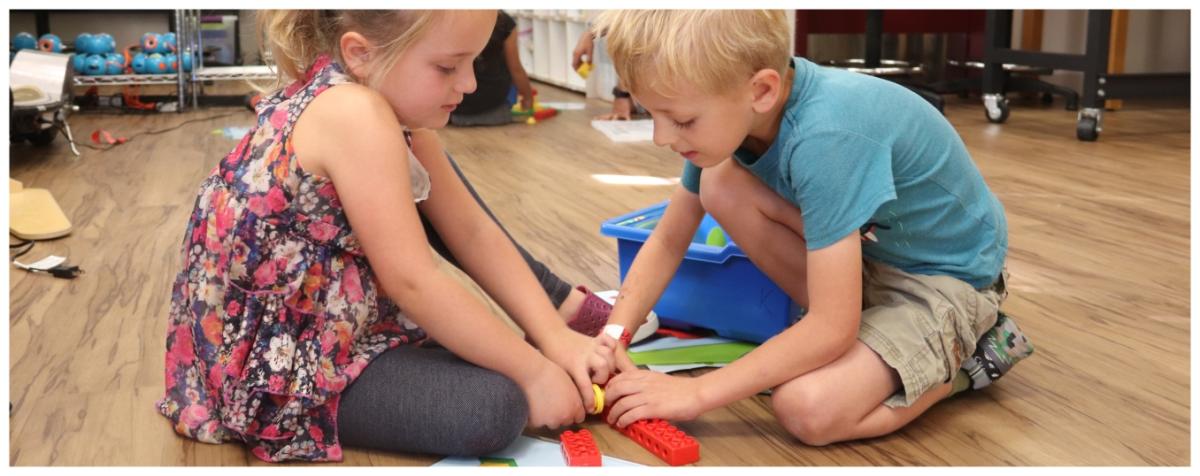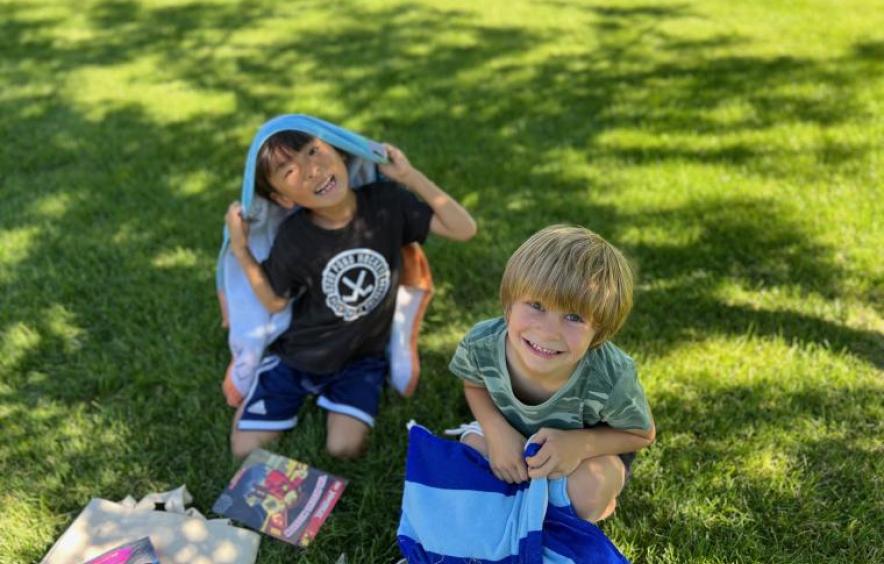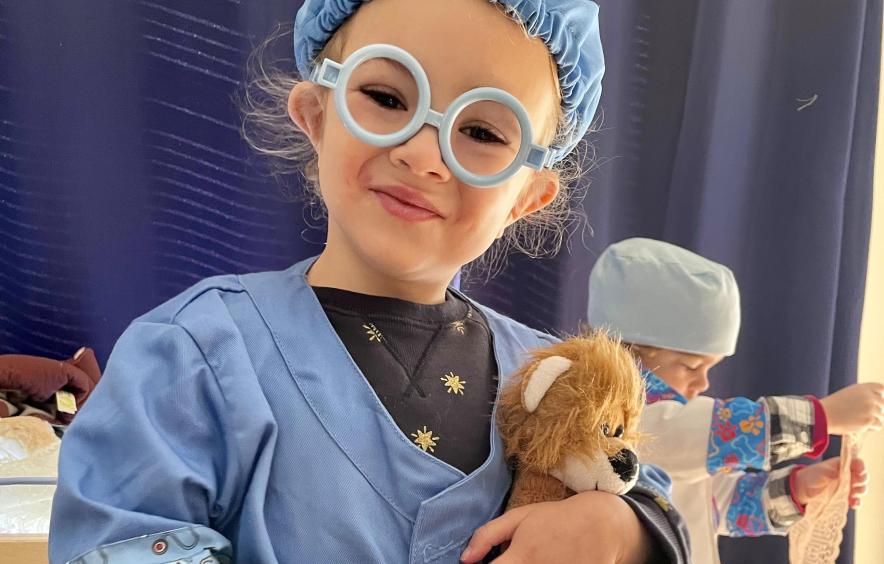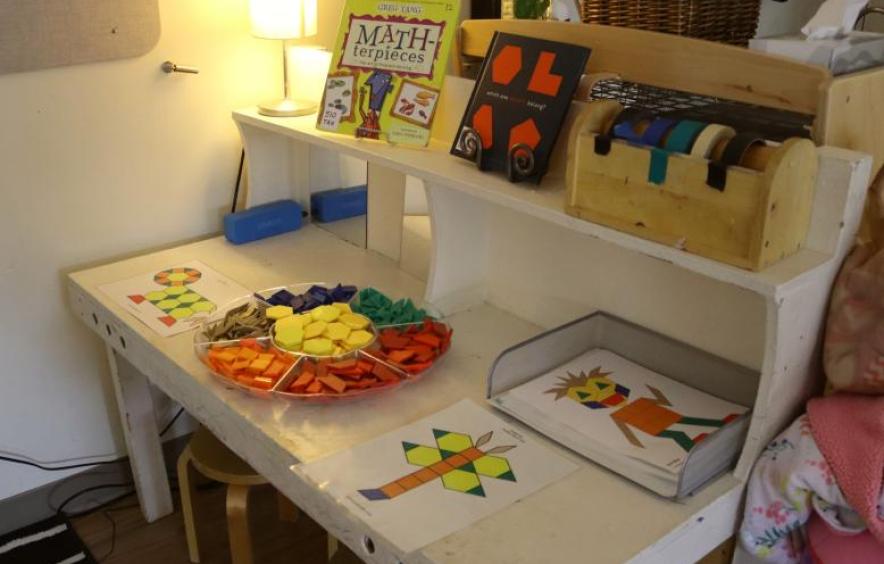Early Childhood
Preschool to Kindergarten
At Ricks Center, students enrolled in the early childhood program are actively involved in initiating and constructing their education. Given the opportunity to explore their interests and ideas under the guidance of our expert faculty, these students learn to think critically and creatively, identify and solve problems, and form a deeper understanding of the world around them.
Early Education
Ricks Center has created a thoughtful, developmentally appropriate program for our youngest students filled with hands-on learning and intellectual stimulation. Using an evidence-based curriculum that incorporates the strategies of Project Based Learning, Inquiry Based Learning, and an overall influence from Italy's Reggio Emilia schools, Ricks Center delivers a distinctive and exceptional learning experience for our preschool through kindergarten students.

Current Parents
For access to course materials, upcoming events and announcements, and classroom recaps, visit your child’s Schoology page.



